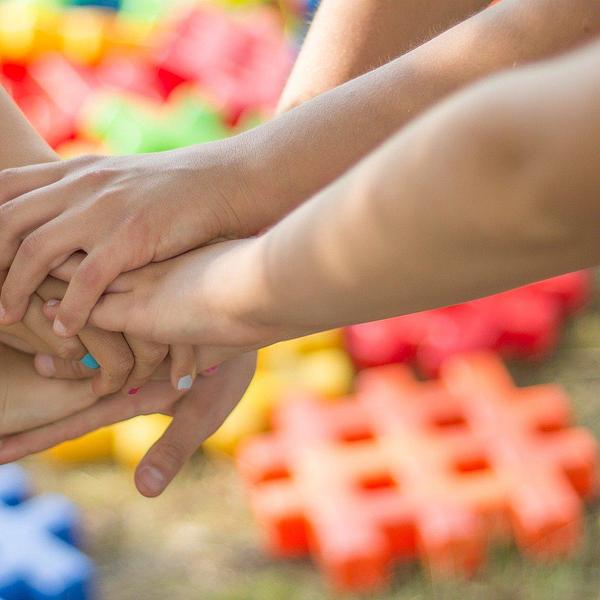
2023-02-07
An inspiring PhD thesis research that examined the diverse support given by teachers and parents to three young Brazilian children at preschool and at home. New Luxembourg study paints the multilingual scenery encountered by young migrants, showing the very beginning of their multilingual lives and possible elements influencing their multilingualism.
Research summary written by Dr. Flavia R. Bley.
Picture Credit: Photo by pixabay.com
***
How can Luxembourgers speak so many languages?
Several studies show how children acquire a second language when they migrate to a so-called monolingual country, but few look at language development in multilingual countries. In her doctoral research, Dr. Flavia R. Bley investigated the ways in which educators and parents in Luxembourg supported the development of three children’s multilingual repertoires. Luxembourg is multilingual and heterogenous: more than 47% of residents are not Luxembourgish citizens and more than 70% of students have a migrant background.
The three four-year-old children in Bley’s study were experiencing contact with languages at their homes, their schools, and in their non-formal educational institutions outside school hours called SEA (service d’éducation et d’accueil). The language use inside these small spaces is influenced by the diversity of the enrolled children and the language-in-education policies, to name just a few elements. At preschool, the three focus children were in contact with Luxembourgish, the language of instruction. They also heard other languages during free play from peers and during language activities, in this case mainly French. At home, their families insisted on the maintenance and development of their mother tongue Portuguese, but they also included other languages such as English, French, and Italian. Finally, children heard multiple languages outside their immediate surroundings such as French, German, English, Portuguese, Italian, Polish, and Spanish.
The findings revealed that the three children developed skills in more languages than Luxembourgish. The rich language contact might have helped them develop language awareness and openness from an early age. However, these languages were not acquired effortlessly and without support. The adults surrounding the investigated children, i.e., their parents, teachers, and SEA educators were themselves multilingual, and children observed how they switched languages to accommodate for the interlocutors. The same adults also created opportunities for children to listen, comprehend and use language, through material elements, such as books, prompts, and games. Parents and teachers also offered a wide range of language-related activities, such as phonemic awareness, tracing letters, reading books, asking children to retell a story, listening to music and doing rhymes. Moreover, they made use of conversational strategies to stimulate interactions and model the correct use of language. Many times, the parents in the study behaved as language teachers, structuring how they talked to their children, posing several questions to check if the child had understood, and insisting on correct answers.
The findings indicate the amount of conscious or unconscious work from parents and teachers. The fact that several languages co-exist in society and at home and school, the effort of parents to teach languages, and the demands for the promotion of multilingualism by the Ministry of Education help us understand why Luxembourgers (or Luxembourg residents) can speak so many languages.
***
Further Reading
Hoff, E. (2006). How social contexts support and shape language development. Developmental Review, 26(1), 55–88. doi:10.1016/j.dr.2005.11.002
Kirsch, C. & Duarte, J. (eds.) (2020). Multilingual Approaches for Teaching and Learning: from acknowledging to capitalizing on multilingualism in European Mainstream Education. London. Routledge.
Kirsch, C. (2021). Practitioners’ language-supporting strategies in multilingual ECE institutions in Luxembourg. European Early Childhood Education Research Journal, 29(3), 336-350. doi:10.1080/1350293x.2021.1928721
OECD (2018). PISA 2018 Database. https://www.oecd.org/pisa/data/2018database/
Rocha Bley, F. (2021). (Trans-)local language learning spaces of three newly arrived Brazilian preschool children in Luxembourg: two multi-sited ethnographic case studies on the supporting structures of their parents, teachers and educators. Doctoral Thesis. University of Luxembourg. https://orbilu.uni.lu/handle/10993/50625
Rogoff, B. (1990). Apprenticeship in Thinking. Cognitive Development in Social Context. New York. Oxford University Press.
Van Lier, L. (2004). The Ecology and Semiotics of Language Learning: A Sociocultural Perspective. Springer Netherlands.